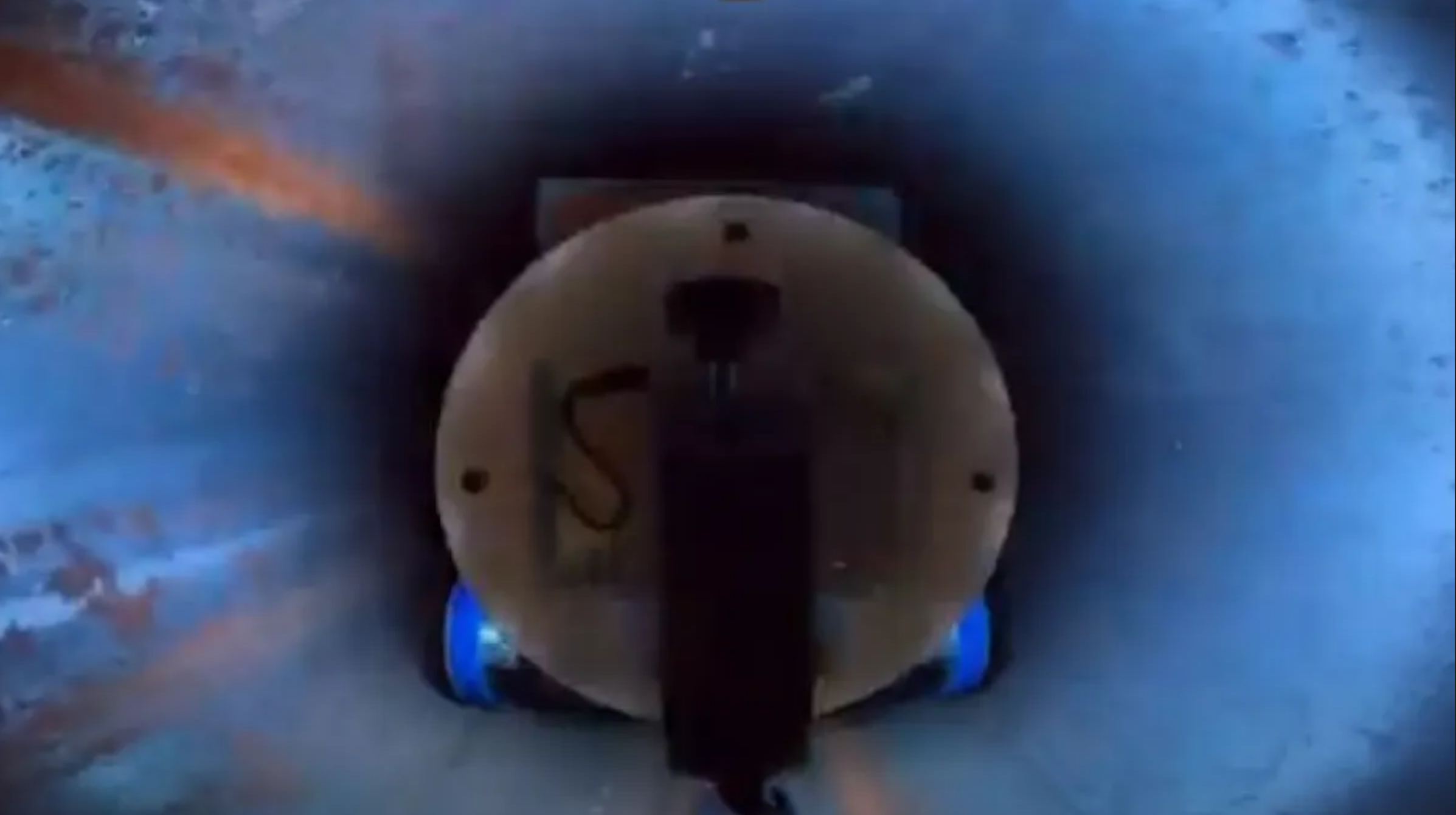Two main culprits that have disturbed the environment and are bringing about changes in the climate are CO2 and an ever-increasing demand for fossil fuels. In regular processes, CO2 is released when fossil fuels are burnt, but just imagine how great it would be if we can turn CO2 into a source of fuel.
That is what researchers at the Oak Ridge National Laboratory in the United States have done, using complex nanotechnology techniques to turn the dissolved gas into ethanol.
This research might play an important role in weaning the world off fossil fuels.
Researchers used a mixture of carbon, copper, and nitrogen catalysts with nanotechnology to produce the desired material. Once scientists applied an electric current of just 1.2 volts, the catalyst converted a solution of CO2 dissolved in water into ethanol, with a yield of 63%.
Project participant Dr. Rondinone said, “We discovered somewhat by accident that this material worked. We were trying to study the first step of a proposed reaction when we realized that the catalyst was doing the entire reaction on its own. Ethanol was a surprise. It’s extremely difficult to go straight from carbon dioxide to ethanol with a single catalyst.”
Although this technology is still in the research phase, the team is hopeful that this method of ethanol production can change the world.
Rondinone explained, “I’m motivated to study nanotechnology-based solutions to energy problems, which in this case is helping to develop low-cost ways to address climate change. If we can make it easy and cheap to adapt, then people will be more likely to do so.”







